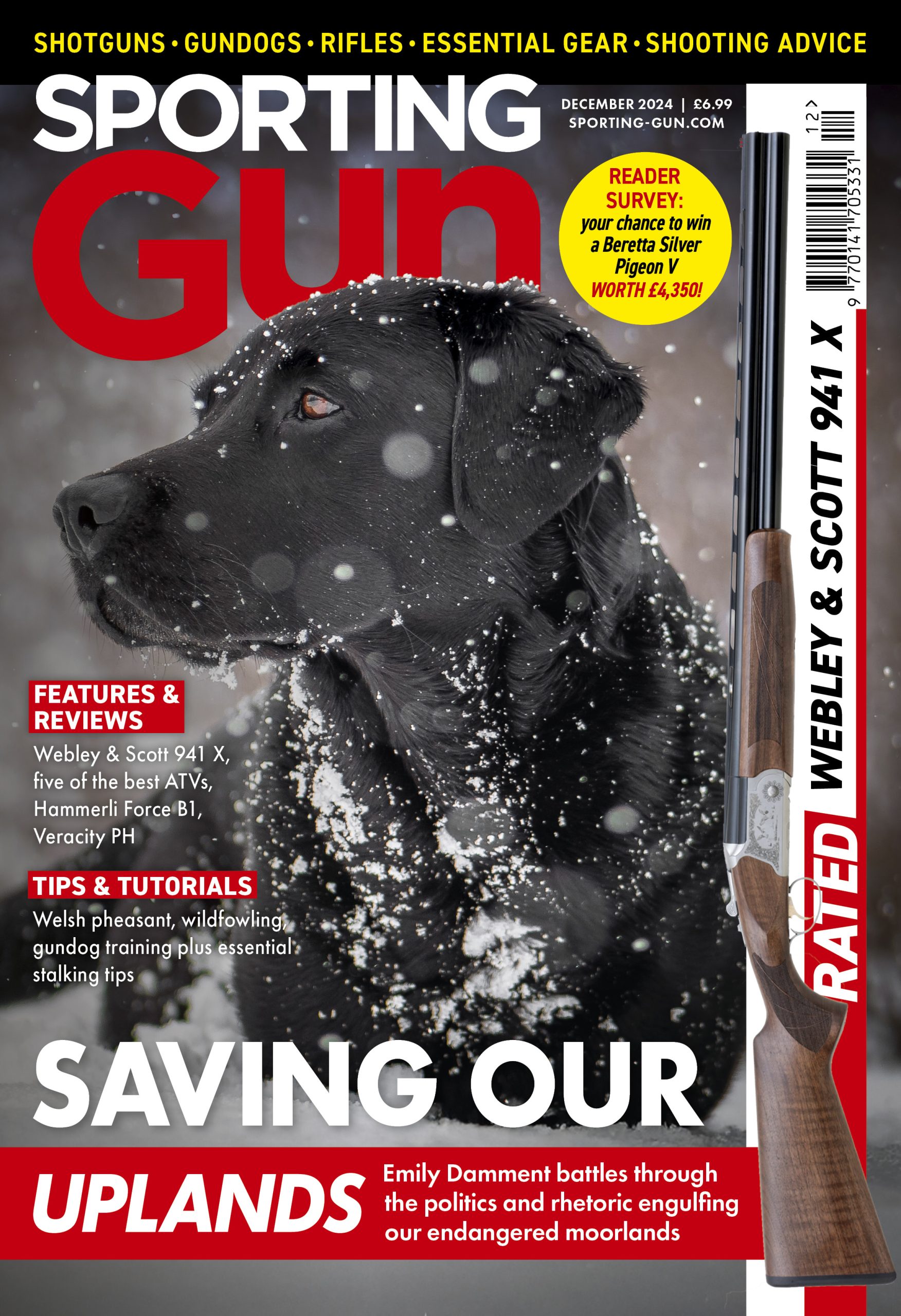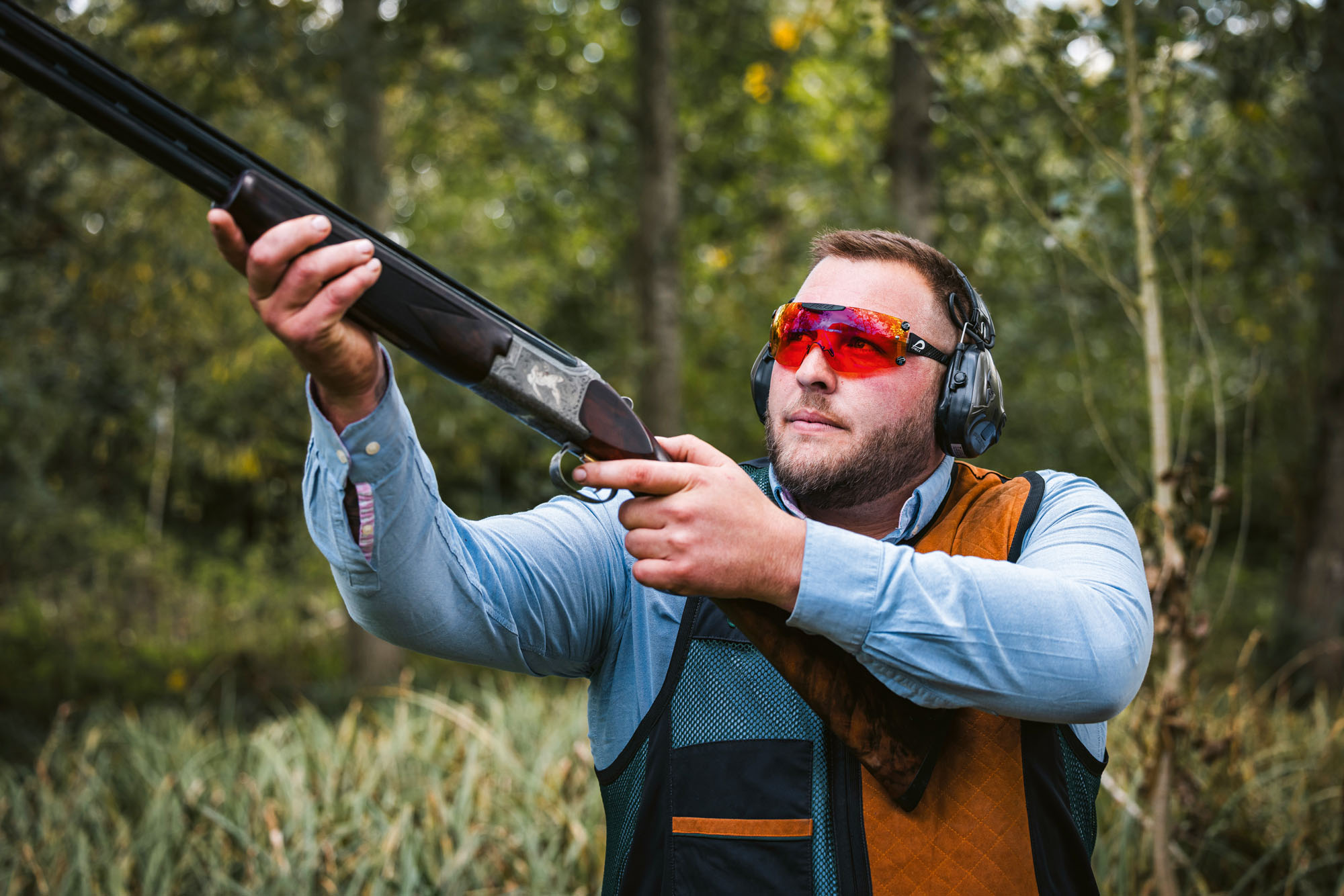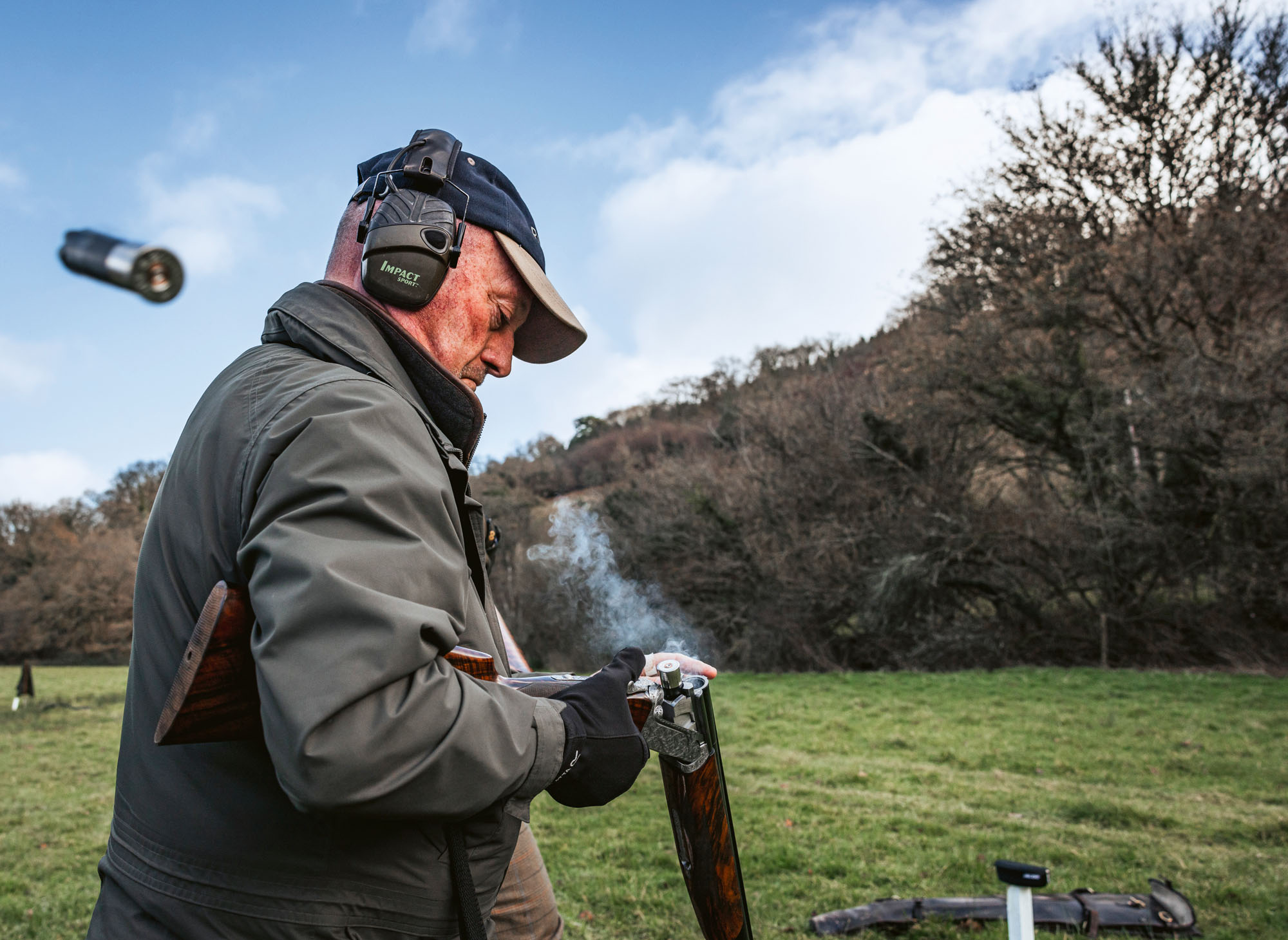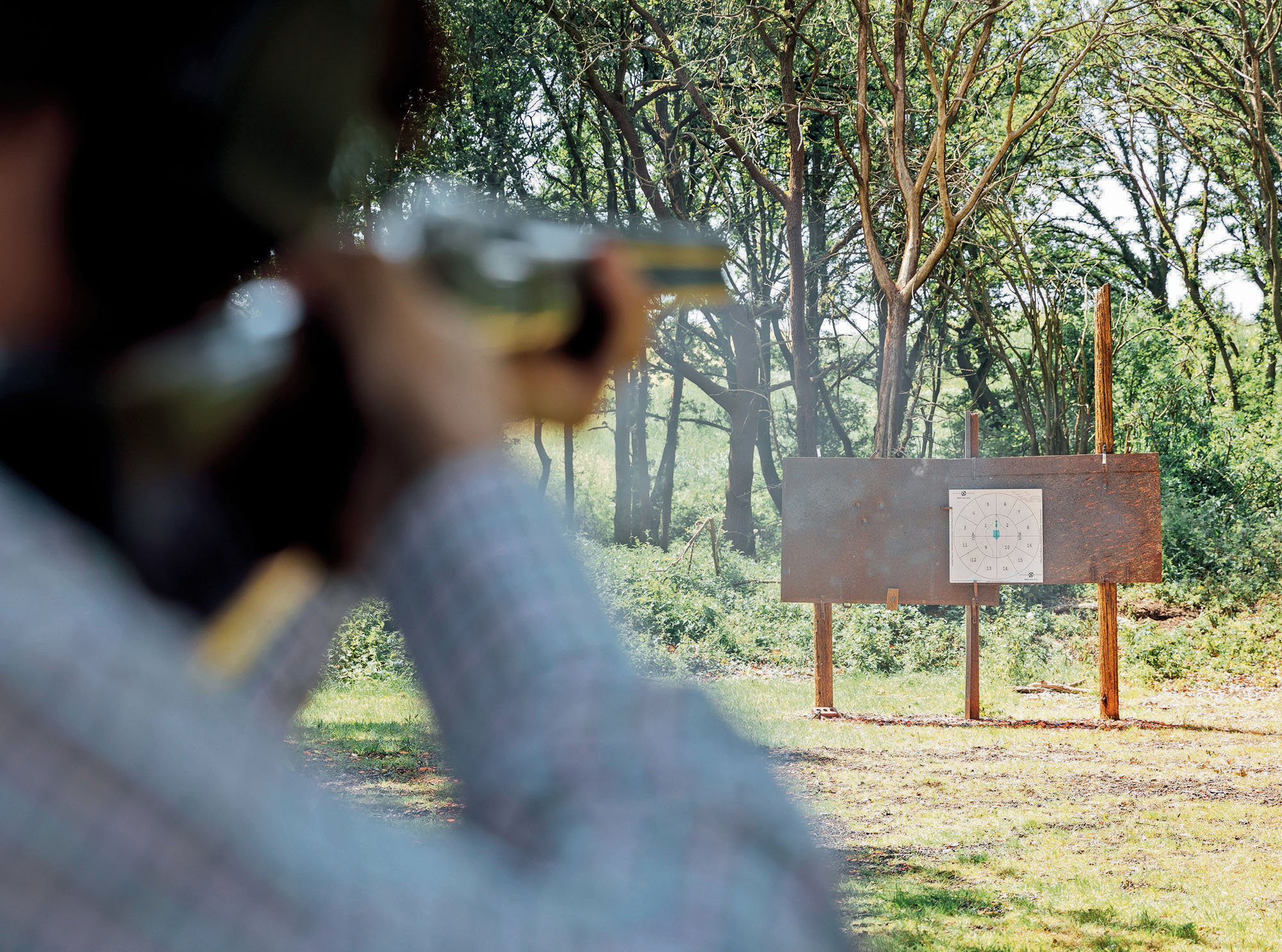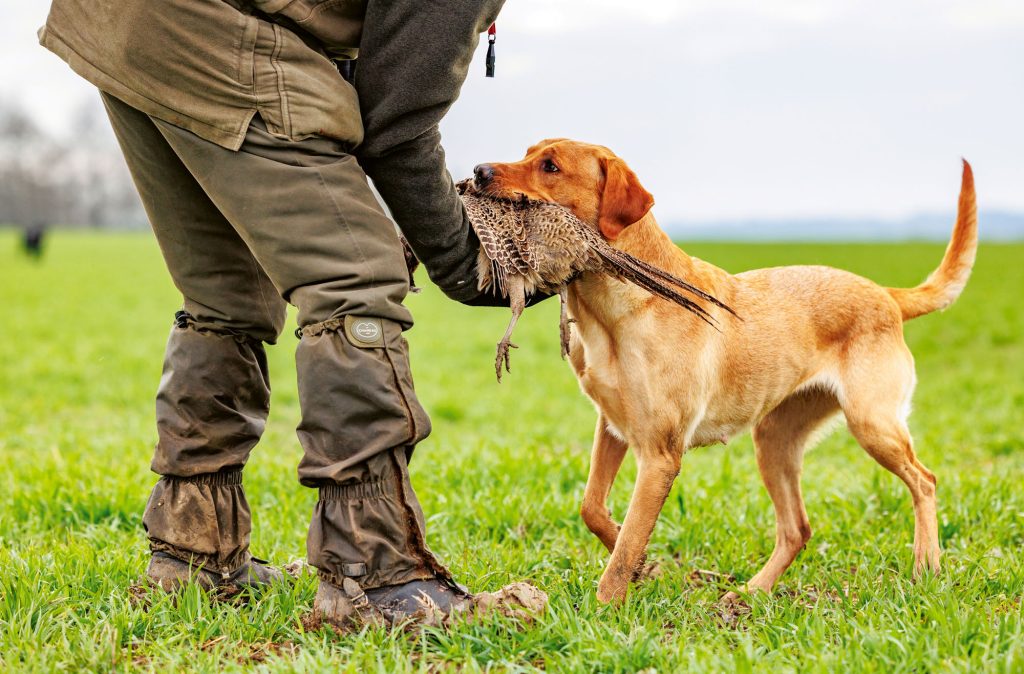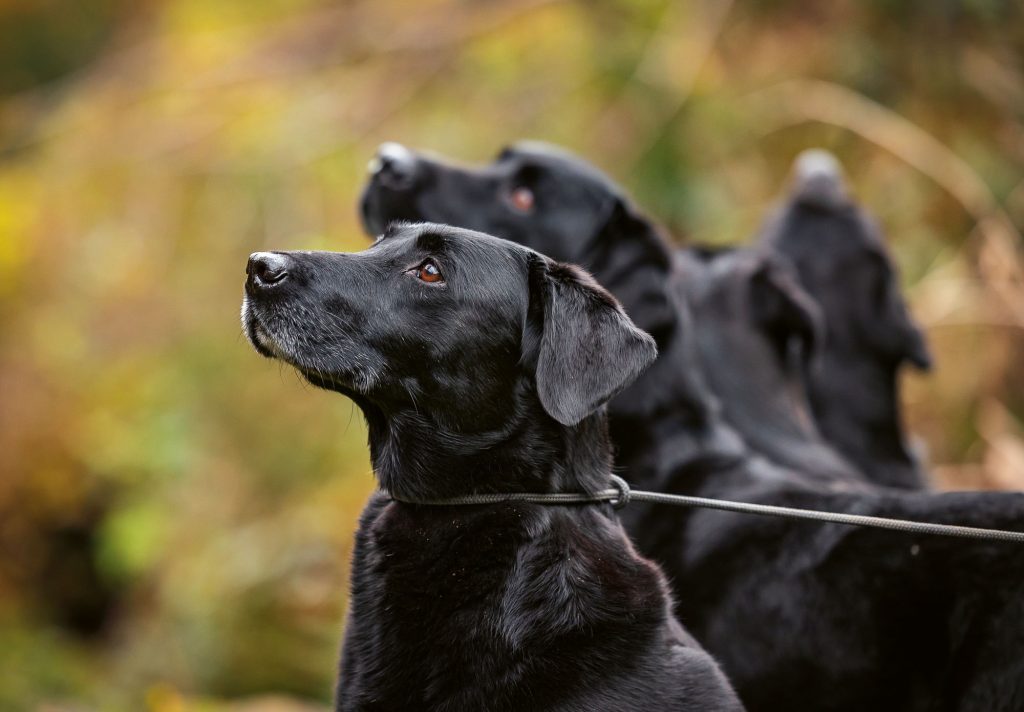Gundogs: avoiding toxins in the field
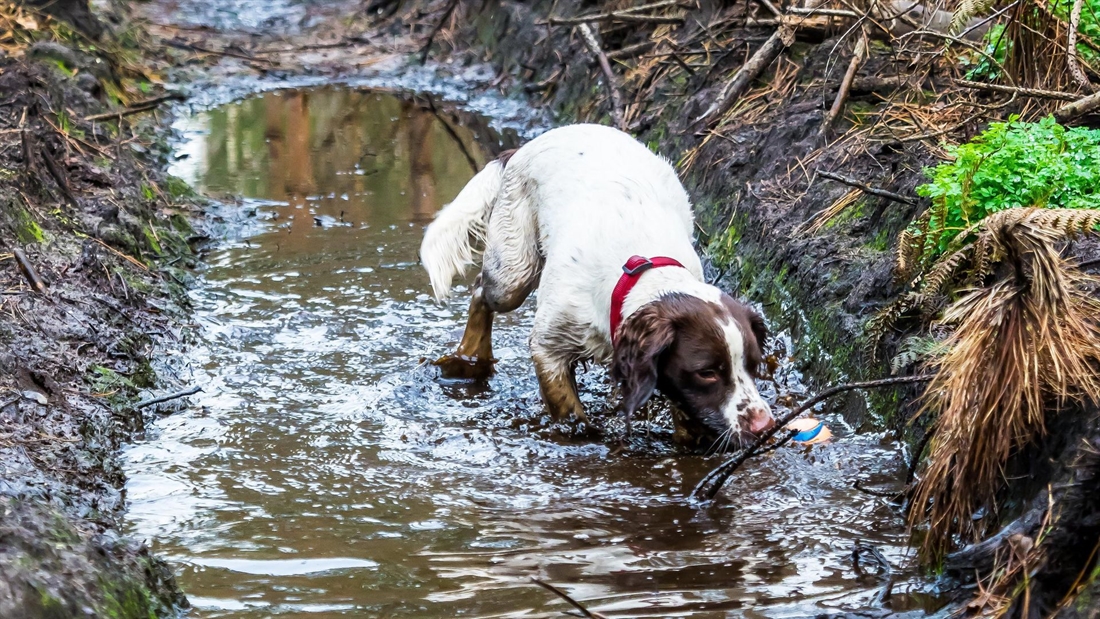
Taking a trip to a farm shoot or training field is the perfect day out for any gundog, but looking out for these hidden hazards will ensure the day doesn’t end badly, says Vicky Payne
At this time of year, vet waiting rooms usually have posters warning you about all the things that your dog might eat that can cause illness or death. You almost certainly know that chocolate, especially the dark and expensive stuff, needs to be kept out of reach and that grapes in all their fresh and dried forms can be fatal for some dogs. But what most posters don’t cover are the toxins that our working gundogs can encounter in the field.
Horse droppings
Dogs evolved as poop eating scavengers, so their love of a fresh horse dropping may not be surprising. I have even seen one gundog writer recommend we feed a bucket of horse droppings as an ancient cure for skin disease – needless to say, but please don’t try it! Whilst horse dropping are not themselves poisonous, they may contain residue of ivermectin-based wormer, which can be.
Although it is more likely for collies and lurchers with collie heritage to be affected by small amounts of ivermectin, any breed can be affected by large amounts. More dangerous than the droppings are feed buckets contaminated with wormer or discarded worming syringes that dogs can find and chew on. Faeces from recently wormed cattle and sheep may also be a risk.
Affected dogs may show lethargy, drooling, disorientation, vomiting, seizures or dilated pupils. There is no specific antidote, but aggressive supportive care might save an affected dog.
Puddles
Puddles on farmyards and roads can be contaminated with all manner of potentially toxic substances from oil and fuel to herbicides and pesticides. Larger bodies of still water may develop blue-green algae in the summer, posing another hazard.
Plants
Some gundogs enjoy an autumnal snack of berries from the hedgerow. Blackberries and elderberries are safe for dogs to pick and snack on, but too many may cause diarrhoea. Dogs can also chomp on rosehips and hawthorn berries safely, although most won’t eat them. Sloes are bitter, but not toxic but the blackthorn spines can be dangerous.
Black and white bryony, yew, and deadly nightshade berries are toxic and spindle berries will cause violent vomiting. Some mushrooms can also be poisonous, including some that grow in short grass, so any exercise area should be checked for fungi before dogs are let out.
Farm chemicals
Many shoots meet in farmyards and may use farm buildings for the beater’s lunchroom. Dogs should be supervised to ensure they don’t break into stores of rodenticide or other farm chemicals.
The shoot should liaise with the farmer and avoid areas that have been recently treated with herbicides or pesticides which may affect dogs. Beware of fertilisers and slug pellets spread on fields and spilt seed which may be treated with fungicides.
If you think your dog has been poisoned…
Symptoms of toxicity will vary depending on what has been ingested, how much, and how long ago, but common signs include lethargy, drooling, vomiting, collapse, changes to the size of the pupils, and seizures. These can also be seen with low blood sugar and heat exhaustion so if first aid measures for these aren’t working contact your vet for advice.
If you know your dog has ingested something toxic, call your vet or the Animal Poison Line for immediate advice. Animal Poison Line charges a small fee for advice but may save you a trip to the emergency vets. Do not try to make the dogs sick or give any other food or medication unless instructed to by a vet.
Tips for avoiding toxins while working your gundog
- Carry plenty of fresh water for your dog on a shoot day and offer it frequently.
- Give your dog a snack at lunchtime so they are less hungry.
- Teach your dog a ‘leave it’ cue so you can stop them eating things they find (and have a pocket of dog biscuits to offer instead).
Related Articles
Get the latest news delivered direct to your door
Subscribe to Sporting Gun
Subscribe to Sporting Gun magazine and immerse yourself in the world of clay, game and rough shooting. As the leading monthly publication for passionate shooters at all levels, Sporting Gun delivers expert advice, practical tips and in-depth reviews to enhance your skills and enjoyment of the sport.
With features ranging from gundog training to pigeon shooting, and wildfowling to equipment recommendations, you’ll gain valuable insights from professional shooters and industry experts. A subscription not only saves you money on the cover price but also includes £2 million Public Liability Insurance, covering the use of shotguns, rifles and airguns for both recreational and professional use.
